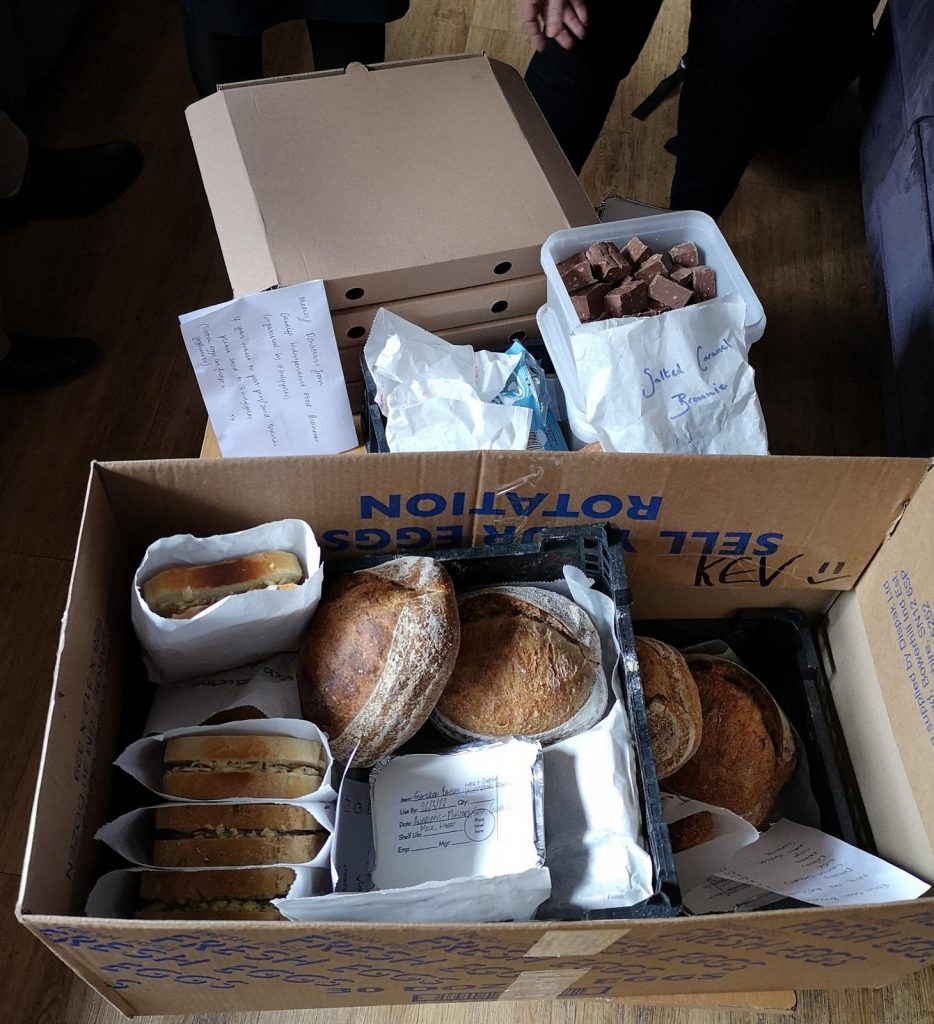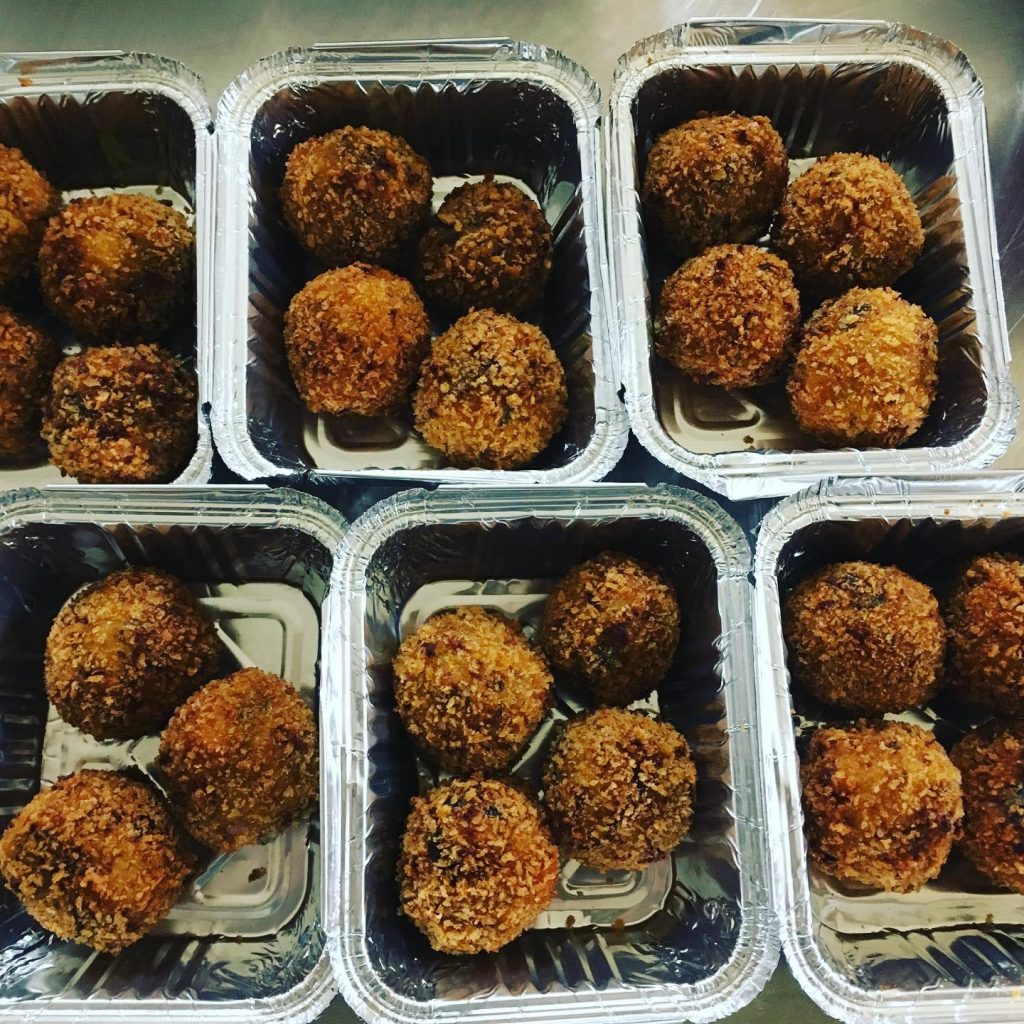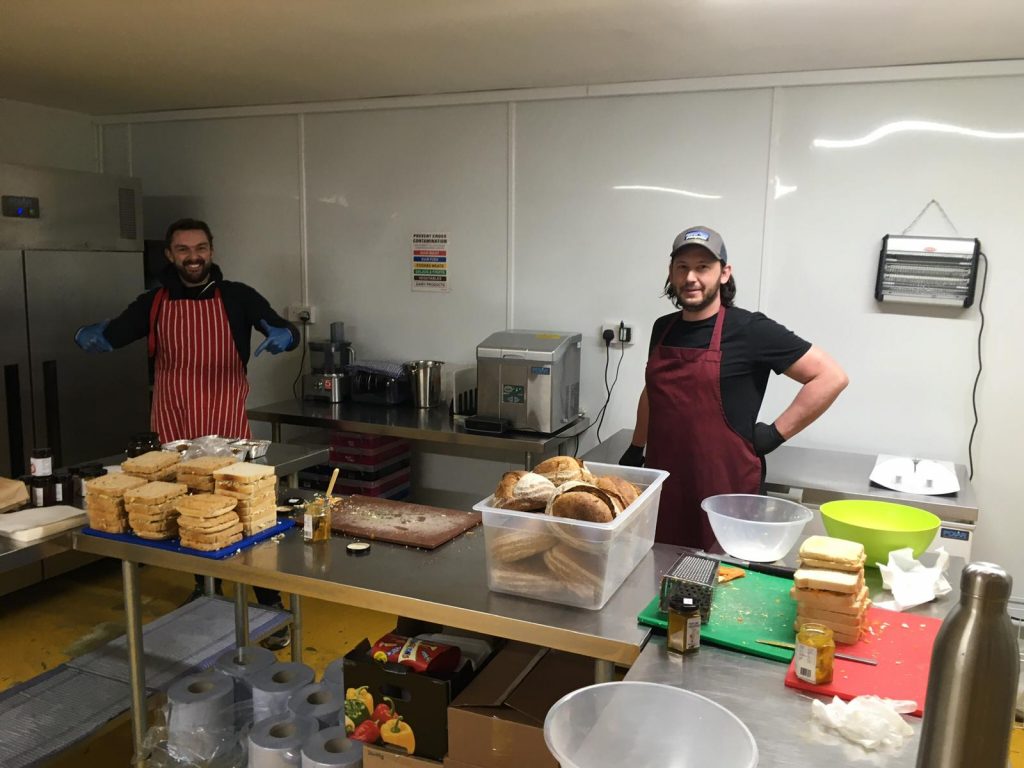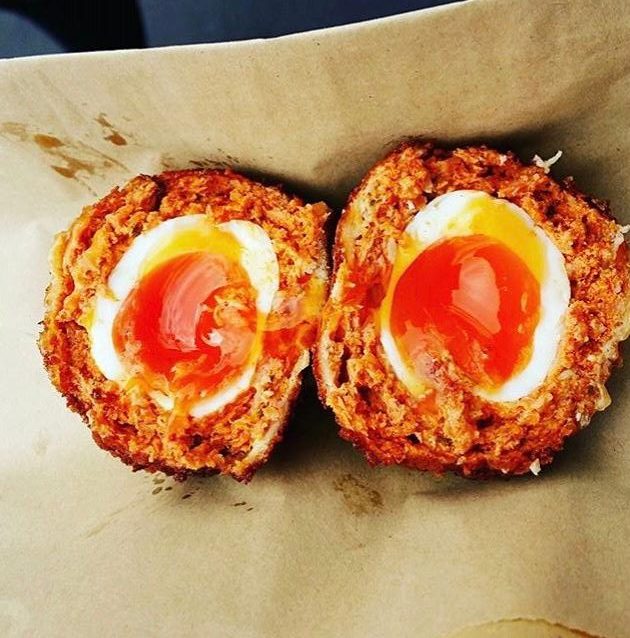We’re living under circumstances no one could have predicted, facing a pandemic that will not only go down in history, but also alter the future of humankind. Some people think COVID-19 was contrived by the Chinese government, whilst others are convinced that the virus is a message from mother nature. Whatever its origin, whatever its purpose, and whatever its outcome, it’s certainly drawn attention to the nation’s (world’s?) obsession with, you guessed it: food.
If you’re the dedicated food shopper from your family, you’ll be all too aware of the measures supermarkets have been putting in place amid the panic buying and social distancing rules they’re being faced with. From line markings on the floor, to safety screens at checkouts, limited purchasing of essential products and customers in-store, as well as allocated in-store and home delivery time slots for elderly citizens and key workers, our supermarkets are working tirelessly to ensure we get the sustenance we need in the safest way possible during these uncertain times.
” We only produce 53% of our own food in the UK.”
Although we continue to be assured that we won’t encounter food shortages, has the self-isolating Prime Minister really taken into account that in the context of a global crisis, we only produce 53% of our own food in the UK? Surely we’re going to face delayed imports when travel and working restrictions have been put in place across many of our supplier countriesÔǪnot to mention similar problems with our own supermarket supply chains.
We can help to safeguard the British farming industry and other small food businesses by buying their produce online via organisations such as Big Barn and Better Food Traders. You may find yourself in a virtual queue, but I’m sure our patience thresholds have all increased since tackling the hurdles of online uniÔǪAnd if you’re in the position to do so, why not go and work on a farm? Failing that, joining and supporting local produce campaigns, such as Landworkers Alliance and Port to Plate, is definitely worthwhile.
” As panic-induced selfishness and personal financial concerns grip the nation, donations to food banks have significantly dropped.”
Food shortages may be an issue in the coming months, and even in the post-COVID-19 period, but food poverty isn’t a new problem in our country. Those who were in a vulnerable position before the pandemic are now immediately finding themselves in a position of struggle. As panic-induced selfishness and personal financial concerns grip the nation, donations to food banks have significantly dropped, as well as the number of volunteers, due to illness and social distancing measures. This has forced many across the UK to close, leaving low-income families, who were already in desperate need of food aid, at a worrying loss.
Despite the lack of clear guidance or funding from central government, human nature, goodwill and determination, from individuals and businesses alike, have the potential to get us through this. Supermarket giant ASDA has announced it’s donating five million pounds to food banks and community charities, FareShare and The Trussell Trust, helping them to stay open and provide their much-needed services.
In our Cardiff community, local independent food businesses have undoubtedly taken a hit like so many establishments up and down the country. But this hasn’t stopped them from working together to provide free food to our heroic NHS workers. From bakeries, to cheesemongers, to pizza makers, our local independents are making it their priority to get food parcels to the most hard-working industry workers in the country right now.

Founder of artisan scotch egg company Holy Yolks, Kevin McGuckian, began this initiative by reaching out to fellow businesses on Instagram, delivering their first parcels to Gwent Hospital on 24th March 2020. Looking after the health of our NHS workers has never been more essential so for this amazing work to continue, Kevin has set up a JustGiving page, explaining that by “asking for public donations, we’ll be able to cover the cost of the ingredients that we’re using each week, so that it doesn’t have to come out of the businesses’ pockets at a time when they’re already under so much financial strain.”

The hyper-awareness of food right now might be frustrating, but I’m hopeful that the silver-lining of this pandemic will be that the nation takes a more mindful approach to food consumption habits going forward.

Holy Yolks Scotch Eggs 
Local chefs on food prep 
Holy Yolks Scotch Eggs


